Life, Earth And Space
-

Seeds from Svalbard brings the paradox and wonder of the Arctic to Buttrick Hall
Svalbard, Norway, a cluster of islands north of the Arctic Circle, is rich with paradox. A former international whaling base and subsequent site of extractive coal mining, Svalbard is now home to the Global Seed Vault, which stores more than one million seed duplicates to safeguard the world’s food supply. Described as a “geopolitical unicorn,” Svalbard is, at once, an open haven for artists and researchers seeking to generate new knowledge and climate interventions by learning from its landscapes, as well as a target for international meddling because of its prime access to satellite data from above and rare earth minerals below. Site of both extraction and regeneration, attracting both a spirit of collaborative inquiry and pursuits of global dominance, Svalbard’s paradoxical singularity inspired Vanderbilt faculty Jana Harper, Lutz Koepnick and Jonathan Rattner to embark on a three-week research trip in summer 2025 to witness its rapidly changing landscapes and experiment with artistic methods to address the effects of planetary overheating. Read MoreFeb 12, 2026
-

Vanderbilt announces fall 2025 internal research funding award recipients
Vanderbilt University has announced its fall 2025 recipients of the Seeding Success, Scaling Success and Rapid-Advancement MicroGrant Program awards, providing internal funding to help faculty launch new research directions, strengthen proposals and compete for major external grants. Read MoreFeb 9, 2026
-
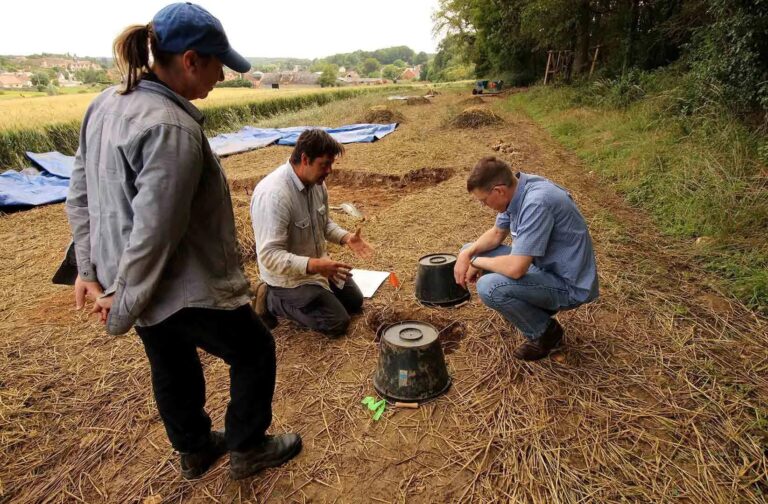
Never forgotten: Tiffany Fracchia’s class helps identify missing American WWII soldier in France
Field work led by Associate Professor Tiffany Fracchia recently solved an 80-year-old mystery for the family of a missing World War II soldier. In 2022 and 2023, Fracchia and her students excavated remains from the site of a 1944 B-17G crash near Neron, France. They were later identified by the Department of Defense as U.S. Army Air Force 1st Lt. Gerard J. Melofchik of New York, and his family finally held a memorial for him in November. “Hearing that we were able to bring some peace and answers to another military family … was really rewarding for me,” said Alyssa Bolster, BA’22. Read MoreJan 16, 2026
-

What would a small black hole do to the human body? Robert Scherrer aims to answer that
Some people may worry about being bitten by a snake or spider, but have you ever considered what would happen if a small black hole tried to pass through your body? An article by Professor of Physics Robert Scherrer in the International Journal of Modern Physics D poses and answers that very question. Scherrer set out to find what the gravitational effects would be if a primordial black hole passed through the human body, helping scientists better understand the properties of dark matter. Read MoreNov 20, 2025
-

Study reveals role giant ground sloths played in the environment, potentially aiding in ecological restoration today
A new study led by Aditya Kurre, BA’22, and Associate Professor of Biological Sciences and Guggenheim Fellow Larisa DeSantis has revealed the specific diet of two species of giant ground sloth, uncovering the vital roles they played in their environments. Their findings could help scientists restore ecosystems that once thrived thanks to these massive mammals. Read MoreNov 20, 2025
-
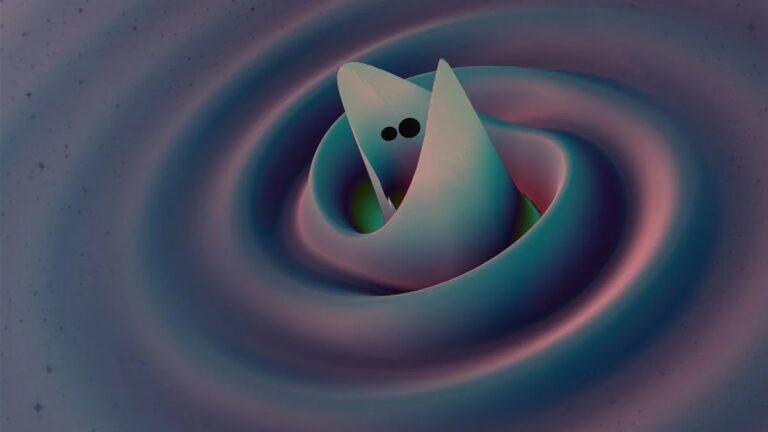
On the 10-year anniversary of the first gravitational wave detection, A&S astrophysicists lead the way in discoveries
On September 14, 2015, at 4:51 a.m. Central Time, scientists witnessed something no human had ever seen before: two black holes colliding. These black holes, which were 29 and 36 times the mass of the sun, respectively, had been circling each other for millions of years. Their rotations became increasingly faster until they eventually collided and became a single black hole. Since then, scientists have had numerous breakthroughs that deepen our understanding of the universe, and researchers in the College of Arts and Science have been at the forefront, shaping the scientific field of black holes and gravitational waves. Read MoreOct 23, 2025
-

Vanderbilt researchers’ work on cover of Science
Through a collaboration between US and Kenyan researchers and Turkana communities of northern Kenya, scientists have uncovered key genetic adaptations underlying survival in hot and dry environments, revealing how natural selection has enabled this pastoralist population to thrive in a challenging landscape. This research is featured on the cover of the Sept. 18, 2025 issue of Science. Read MoreOct 9, 2025
-

Simons Foundation awards $8 million grant to uncover secrets of black holes and strong gravity
Over the next four years, Assistant Professor of Physics and Astronomy Alex Lupsasca will lead a Vanderbilt team in a multidisciplinary, multi-institutional collaboration funded by an $8 million grant from the Simons Foundation with a focus on black holes and strong gravity. Read MoreSep 4, 2025
-
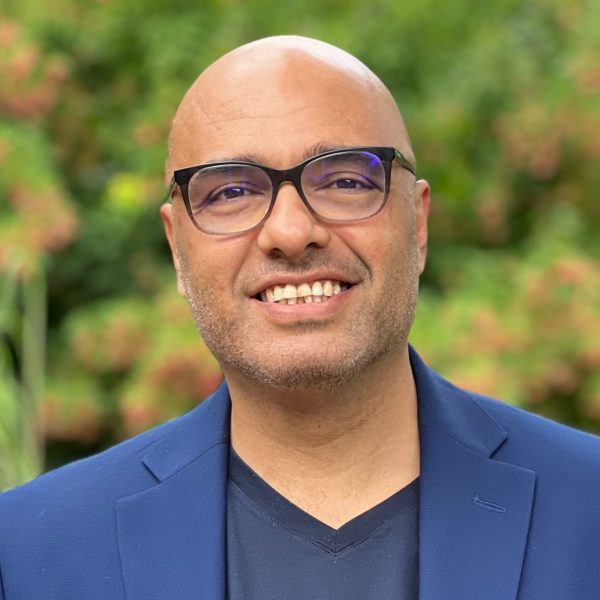
Hussam Mahmoud named director of the Vanderbilt Center for Sustainability, Energy and Climate
The Vanderbilt Center for Sustainability, Energy and Climate has a new director—Hussam Mahmoud. Mahmoud, professor of civil and environmental engineering, joins Vanderbilt from Colorado State. VSEC's mission is to investigate energy, infrastructure, climate and systems to address the grand social and scientific challenges to ensuring a sustainable planet. The center was established in 2024 as a part of Discovery Vanderbilt; Associate Professor Hiba Baroud was the inaugural and interim director. Read MoreAug 7, 2025
-
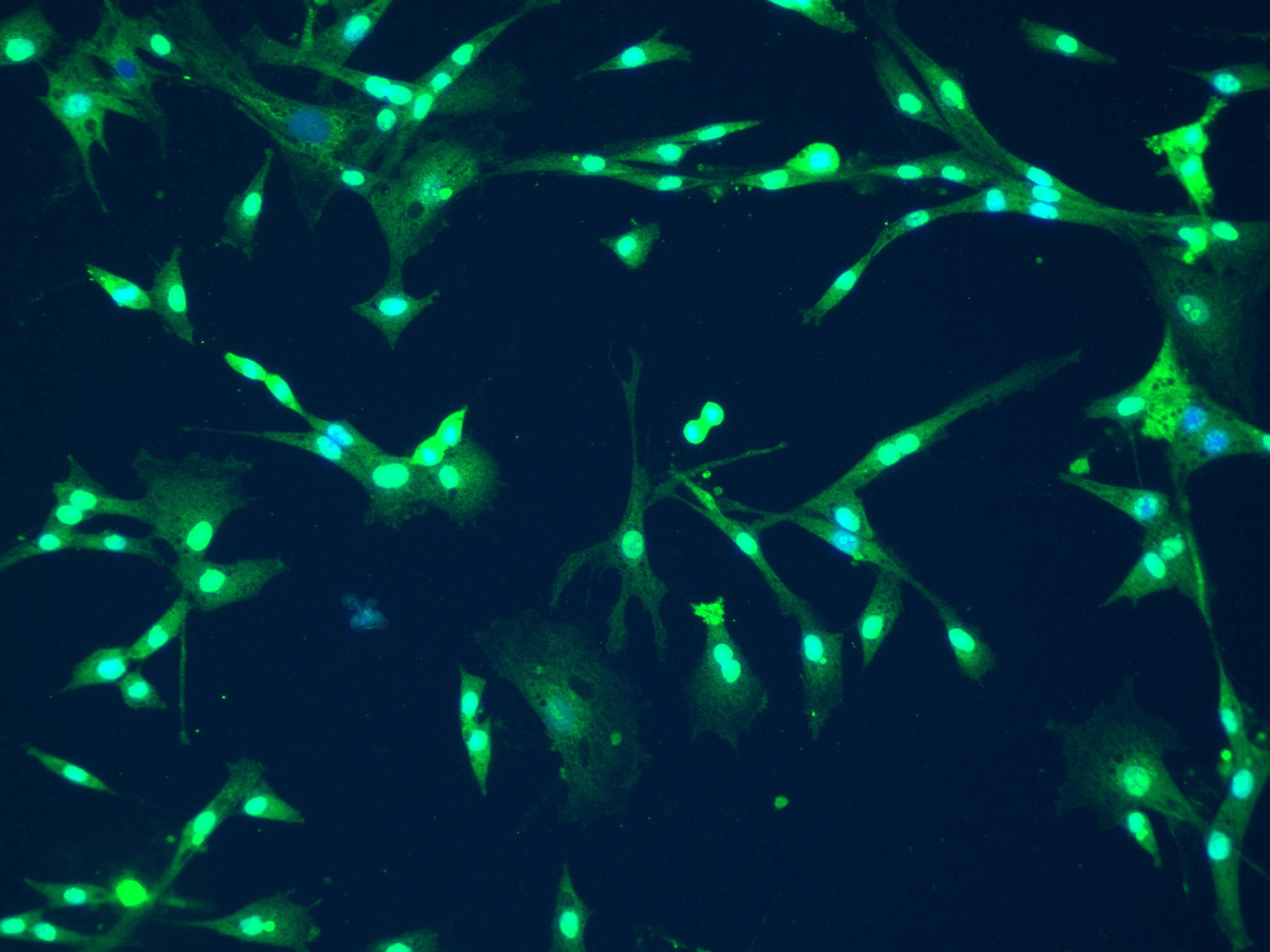
Vanderbilt biologist receives $1.3M Keck grant to study what birds’ longevity could mean for human aging
Pet parrots often outlive their owners, and Vanderbilt researchers want to know why—because uncovering the biological mechanisms behind exceptional longevity could one day help safely extend the lives of humans. With the support of a new $1.3 million grant from the W.M. Keck Foundation, Vanderbilt biologist Gianni Castiglione is taking a bold approach to aging research: reverse-engineering how birds live three to four times longer than similarly sized mammals to identify safe, effective genetic targets for human aging therapies. Read MoreJul 16, 2025
-

A Conservative Defense: Downstream NFLs resist evolutionary blitzes
Danial Asgari, a postdoctoral researcher in the Tate Lab, and Ann Tate, associate professor of Biological Sciences, recently published a study in Molecular Biology and Evolution titled “How the Structure of Signaling Regulation Evolves: Insights from an Evolutionary Model.” Their findings show that negative feedback loops (or NFLs) acting closer to a cell’s final decisions, such as turning genes on or off, are especially resistant to evolutionary change. Read MoreJun 12, 2025
-

Scientists discover new evidence of intermediate-mass black holes
While we know that intermediate-mass black holes should exist, little is known about their origins or characteristics—they are considered the rare “missing links” in black hole evolution. However, four new studies have shed new light on the mystery. The research was led by a team in the lab of Assistant Professor of Physics and Astronomy Karan Jani, who also serves as the founding director of the Vanderbilt Lunar Labs Initiative. Read MoreJun 12, 2025
-
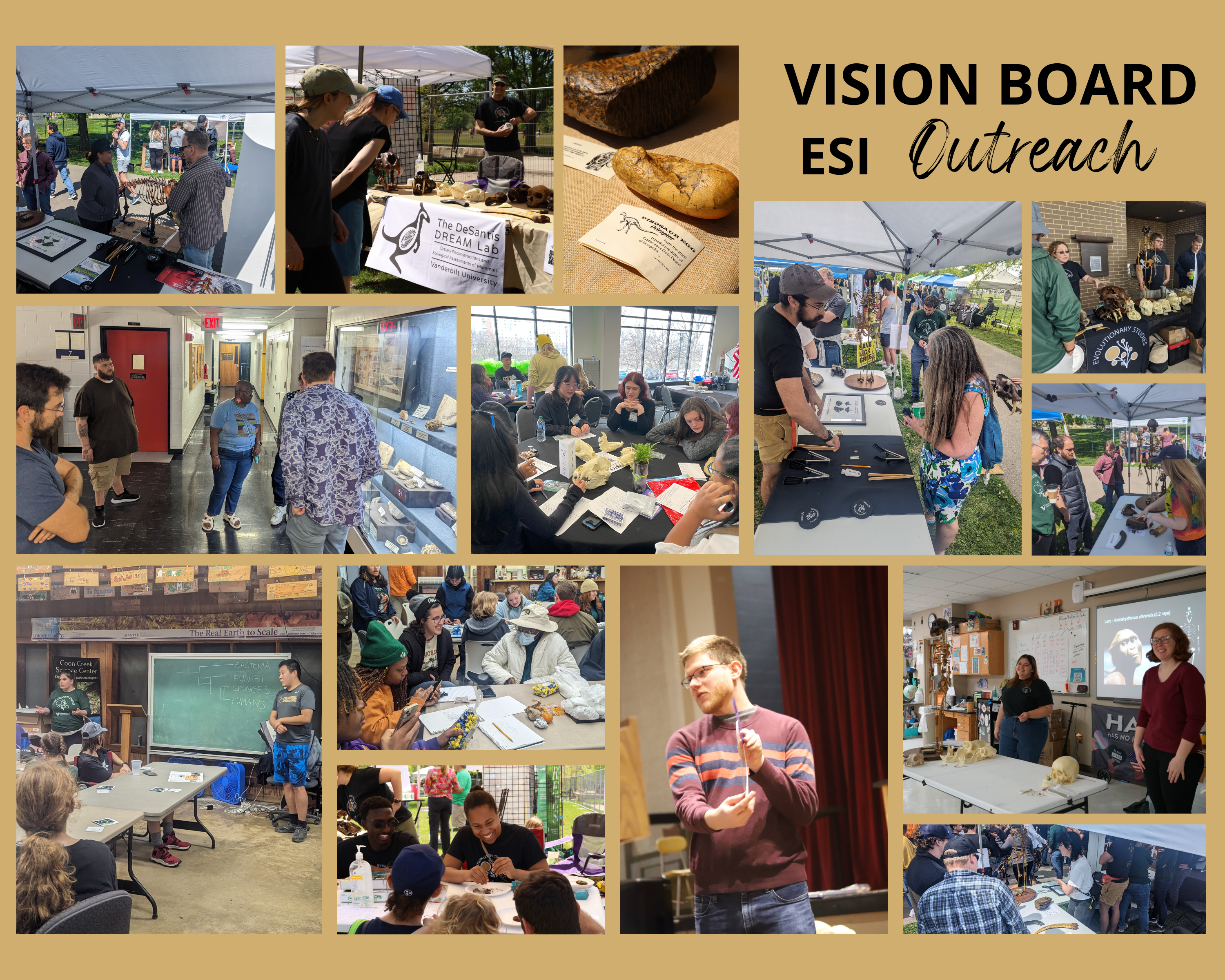
Vanderbilt’s Evolutionary Studies Initiative honored with 2025 Friend of Darwin Award
The National Center for Science Education has named Vanderbilt University’s Evolutionary Studies Initiative as one of its 2025 recipients of the prestigious Friend of Darwin award. This national honor recognizes ESI’s outstanding contributions to advancing public understanding of evolution through interdisciplinary research, education and outreach. Read MoreJun 10, 2025
-
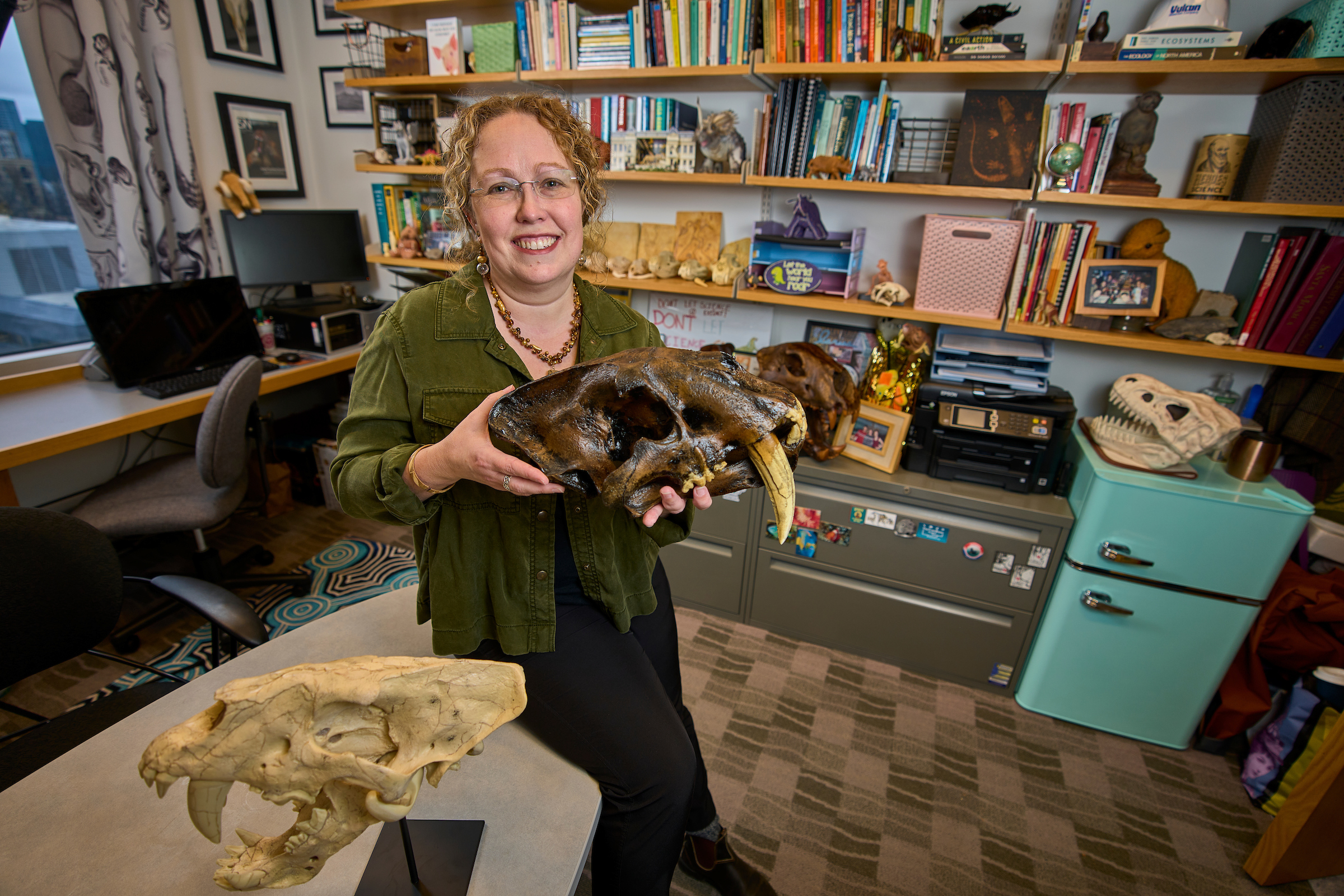
Larisa DeSantis: Looking back for the future
Our past has something to say. 2025 Guggenheim Fellow Larisa DeSantis is ready to translate. Read MoreMay 18, 2025
-

Vanderbilt joins Global Urban Humanities Network of scholars and practitioners
Vanderbilt University has joined the Urban Humanities Network (UHN) as a consortium campus, solidifying the university’s place among leading institutions at the forefront of urban humanities scholarship. Established in 2022, UHN unites universities, organizations, and researchers dedicated to interdisciplinary study within the urban humanities, which operates at the nexus of humanities, urbanism, and design. Read MoreMay 9, 2025
-
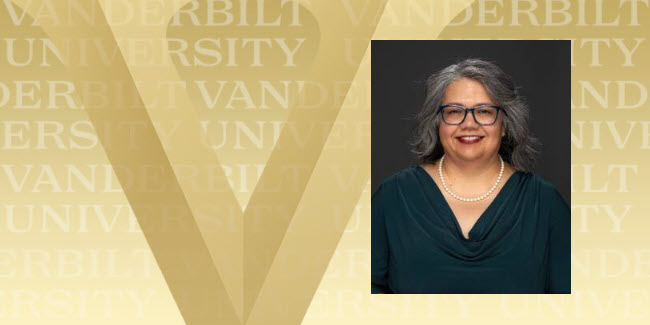
Reducing the risk of “forever chemicals” in Tennessee’s drinking water
A transdisciplinary team at Vanderbilt University seeks to identify Tennessee communities at risk of exposure to toxic man-made chemicals in their drinking water. Read MoreFeb 13, 2025
-
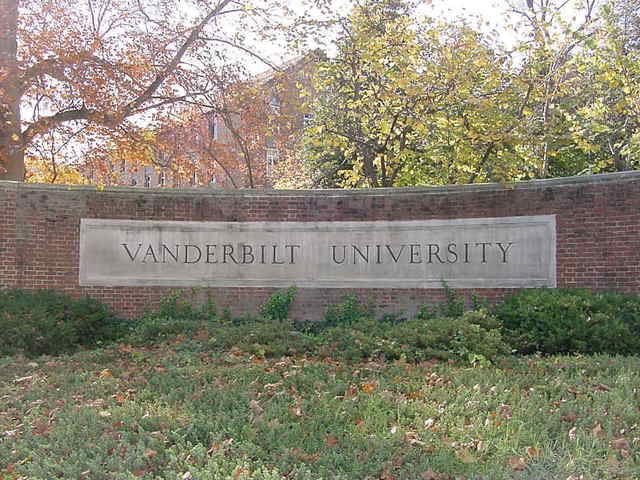
DOE awards $37.5 million financial assistance cooperative agreement to Vanderbilt University
The U.S. Department of Energy Office of Environmental Management awarded non-competitive financial assistance agreement Number DE-EM0005321, Consortium for Risk Evaluation with Stakeholder Participation, to Vanderbilt University, in Nashville, Tennessee. Read MoreJan 30, 2025
-

Course seeks to engage students in discussions about planetary health, sustainability
A new course through the Vanderbilt Center for Sustainability, Energy and Climate seeks to engage students in discussions about taking a planetary health approach to address climate change and resource sustainability challenges. Read MoreJan 29, 2025
-
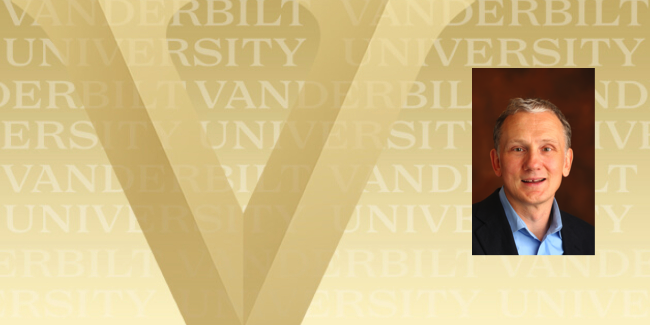
Vanderbilt University’s Ralf Bennartz to lead NASA mission to study ice clouds
Vanderbilt University, led by Professor Ralf Bennartz, will lead a NASA satellite mission investigating Earth's high-altitude ice clouds, backed by a robust grant of $37 million. This endeavor, leveraging the university's climate research expertise, will provide opportunities for student involvement and bolsters Vanderbilt's position in global climate research. Read MoreJan 14, 2025
-

Undergraduate students co-lead study on carbon offset financing for energy-efficiency upgrades for low-income households2
In a new innovative study conducted by the Vanderbilt Climate, Health, and Energy Equity Lab, four undergraduate students and three faculty researchers identified a new approach to reduce the health inequalities of energy cost burdens and greenhouse gas emissions. Read MoreDec 18, 2024